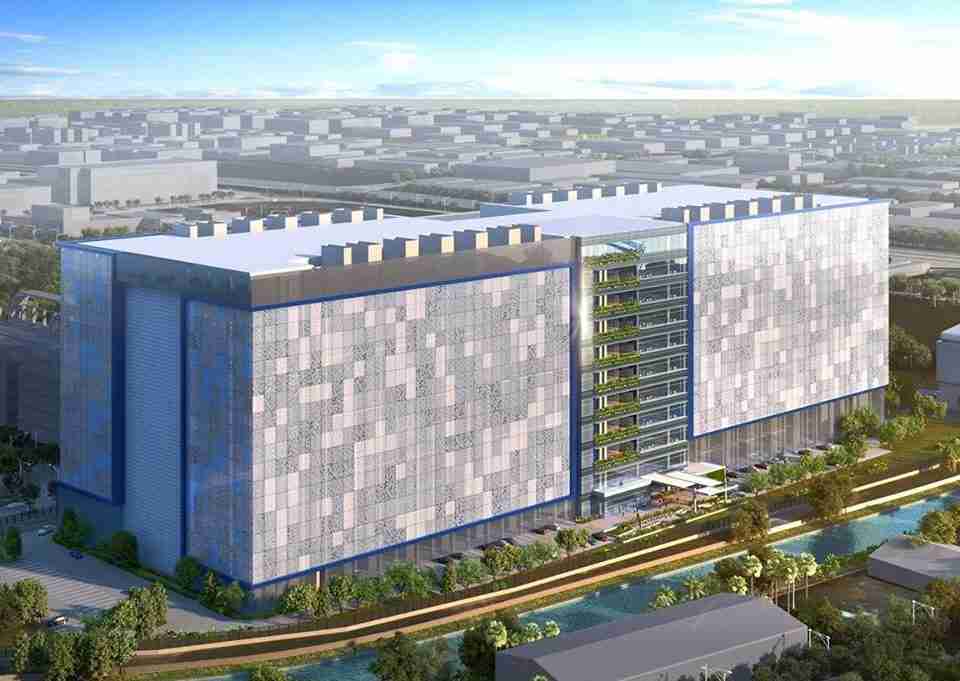KEEP IN TOUCH
Subscribe to our mailing list to get free tips on Data Protection and Cybersecurity updates weekly!







Data centre regulations Singapore are extremely energy-intensive facilities, with electricity accounting for more than 50% of the operating expenditure in a typical DC in Singapore. To help reduce the energy consumption and operating costs of DCs and enhance their competitiveness, the Infocomm Media Development Authority of Singapore has partnered with other government agencies and industry to develop a Singapore Standard for DCs. A DC Standards Working Group under the industry-led Information Technology Standards Committee (www.itsc.org.sg) was formed to drive the development of the standard.
The DC Standard helps organizations establish systems and processes necessary to improve the energy efficiency of their DCs. It provides them with a recognized framework as well as a logical and consistent methodology to achieve continuous improvement in their DC facilities. This standard is modeled after the ISO 50001 standard on energy management but is specifically tailored to meet the needs of DCs in Singapore. The standard adopts the Plan-Do-Check-Act (PDCA) methodology, an iterative, four-step problem-solving process used for continuous process improvement. The PDCA cycle forms the basis for many established management standards, which have successfully stimulated substantial, continual efficiency improvements within organizations around the world.
In addition, the DC Standard defines a set of performance metrics for DCs to measure their energy efficiency. These metrics provide a common benchmark to help DCs track their performance and improvements. Lastly, a comprehensive set of recommended industry best practices covering various aspects of DC operations and design has been included. The best practices cover aspects governing the management of electrical, mechanical, and IT equipment, as well as the design of DCs. They are provided as supplemental and reference information in the standard to help DC operators identify and implement measures to improve their energy efficiency.
The Singapore Standard SS 564 data centre regulations Singapore – Energy and environmental management systems were first published in January 2011. It was subsequently revised as SS 564: Part 1 in 2013. The revision was carried out to align the requirements of SS 564 to the published international standard ISO 50001 for Energy Management. Relevant feedback and comments from the users and additional metrics to track data centre regulations Singapore performance were also incorporated into the revision. In addition, a new SS 564: Part 2, which provides guidelines to help users adopt and meet the requirements in SS 564: Part 1 was published the same year.
Also read: Completed DPIA Example: 7 Simple Helpful Steps To Create

The list of organisations who are certified to SS 564 are:
| Organizations | Certified by |
|---|---|
| 1-Net Singapore Pte Ltd | Bureau Veritas Certification (Singapore) Pte Ltd |
| Citi Technology Infrastructure Asia Pacific, Citibank NA | TÜV SÜD PSB Pte Ltd |
| Digital Singapore Jurong East Pte Ltd | Bureau Veritas Certification (Singapore) Pte Ltd |
| Equinix Singapore Pte Ltd : SG 1 | TÜV SÜD PSB Pte Ltd |
| Equinix Singapore Pte Ltd : SG 2 | TÜV SÜD PSB Pte Ltd |
| GLOBALFOUNDRIES Singapore Pte Ltd | TÜV SÜD PSB Pte Ltd |
| IBM Singapore Pte Ltd | Bureau Veritas Certification (Singapore) Pte Ltd |
| Keppel Datahub | TÜV SÜD PSB Pte Ltd |
| High Performance Computing Centre, Nanyang Technological University |
SGS International Certification Services Singapore Pte Ltd |
| National Library Board – Infocomm Division | Bureau Veritas Certification (Singapore) Pte Ltd |
| Resorts World Sentosa | TÜV SÜD PSB Pte Ltd |
| Singapore Pools (Private) Limited | TÜV SÜD PSB Pte Ltd |
| Singapore Telecommunications Ltd, EXPAN Managed Hosting Services |
TÜV SÜD PSB Pte Ltd |

As a key data centre regulations Singapore hub in Asia, Singapore is in a unique position to influence data centre regulations Singapore developments. Depending on the findings of the various trials, it could well be the forerunner for building data centre regulations Singapore in dense city-like environments. But it should make the move soon.
Ed Ansett, the chairman of i3 Solutions Group, cautioned that despite Singapore’s current status as a data centre regulations Singapore hub, demand could just as easily shift to neighboring regions. Ansett is not unfamiliar with Singapore – he was involved in the 2012 research study and his recommendations were instrumental in the creation of the Roadmap.
Also read: Top 25 Data Protection Statistics That You Must Be Informed